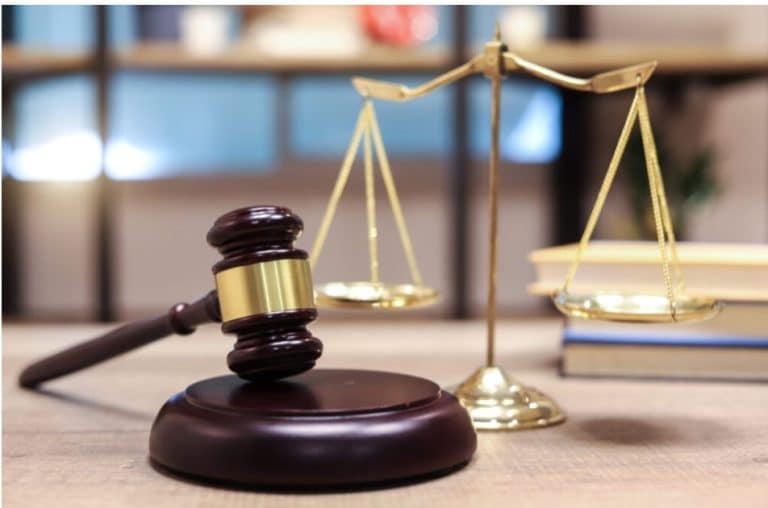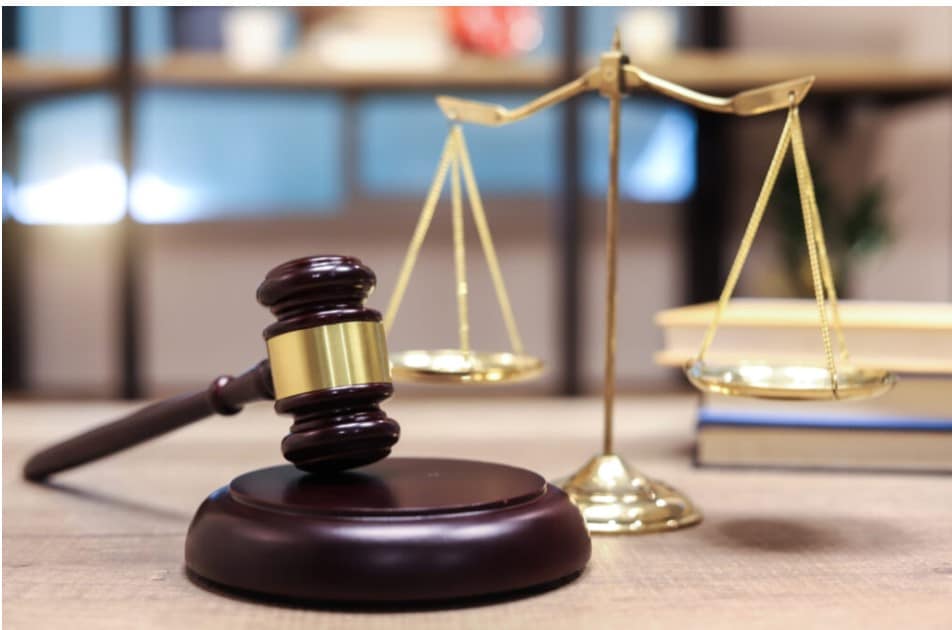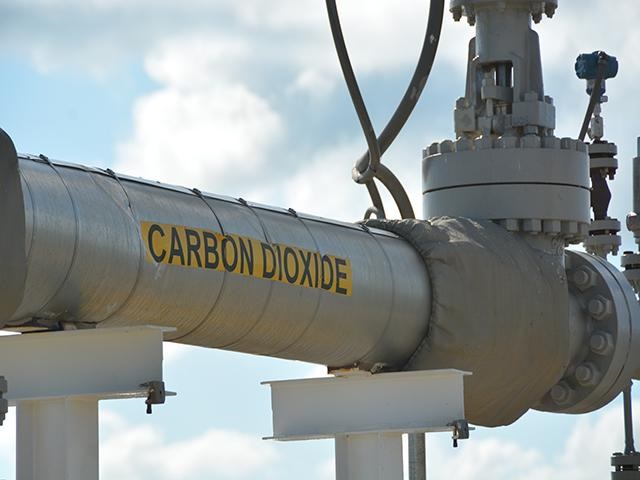KEYSTONE, S.D. – Native American tribes in South Dakota have long spoken about their views on Mount Rushmore and how the monument’s symbolism is a painful reminder of the nation’s treatment of their ancestors. Those feelings are more pronounced these days amid calls for removal of statues and monuments deemed culturally in appropriate, and as President Trump plans a rally at the site this week.
A number of Native American tribes say they’ll protest, given the complex history behind some of the monument’s figures.
Statues and monuments deemed historically insensitive have been toppled across the country in the renewed racial justice movement.
Tribal leaders in South Dakota say they’ve been speaking out about Mount Rushmore for decades, because to them, it represents the land that was stolen from them and the genocide committed against their people.
Chase Iron Eyes, spokesman for the Oglala Sioux, says his tribe’s longstanding pain coincides with the current national reckoning.
One of the main points of contention is that Mount Rushmore sits on the Black Hills, considered sacred land that was seized despite tribal treaties with the U.S. government.
While Native Americans are upset over the site being used as a backdrop for the president, Iron Eyes says he doesn’t care which political party holds power — so long as the government and the white population make a serious attempt to make amends with Indigenous people.
“We’ve been living side-by-side with them, intermarrying with them,” Iron Eyes states. “They own half of our reservations. They own most of the businesses around here. We’re already living in peace around here, but it’s a peace with a boot on our neck.”
Some activists say the land on which Mount Rushmore sits should be returned to the tribes, while others say the monument should be demolished. There also are calls to return the revenue it has produced.












